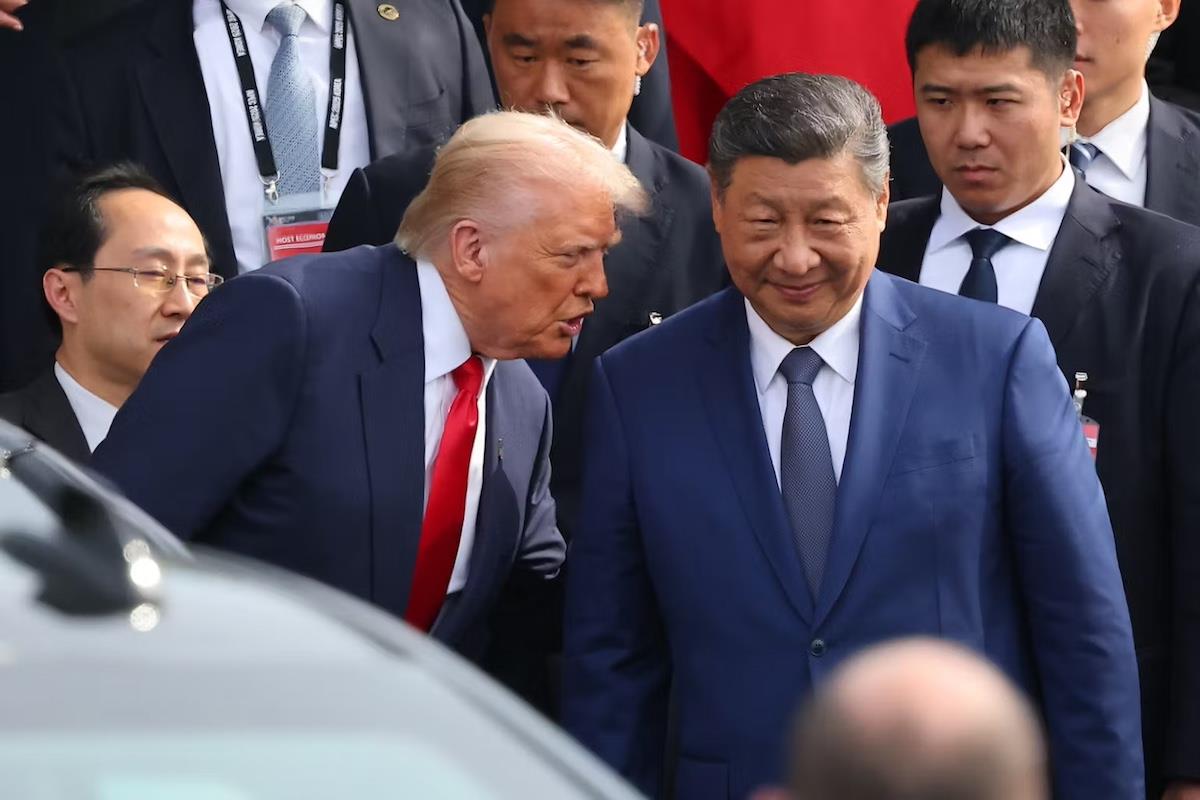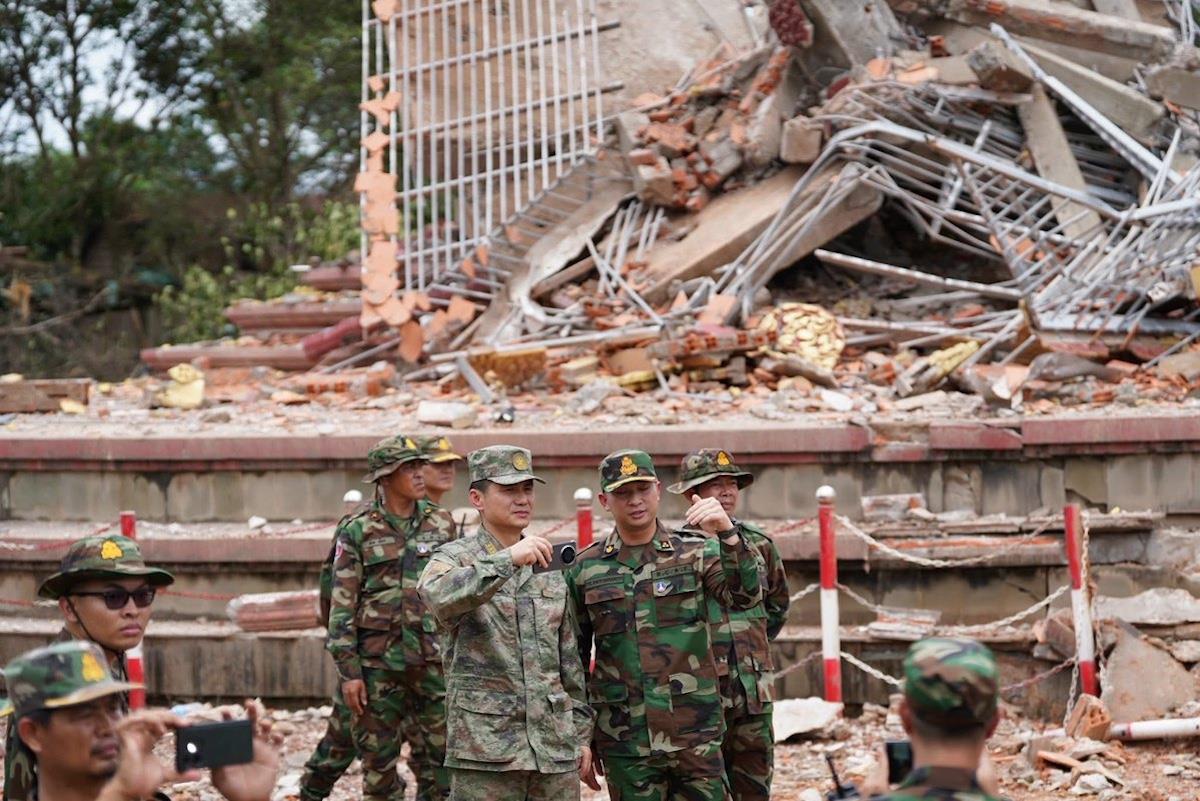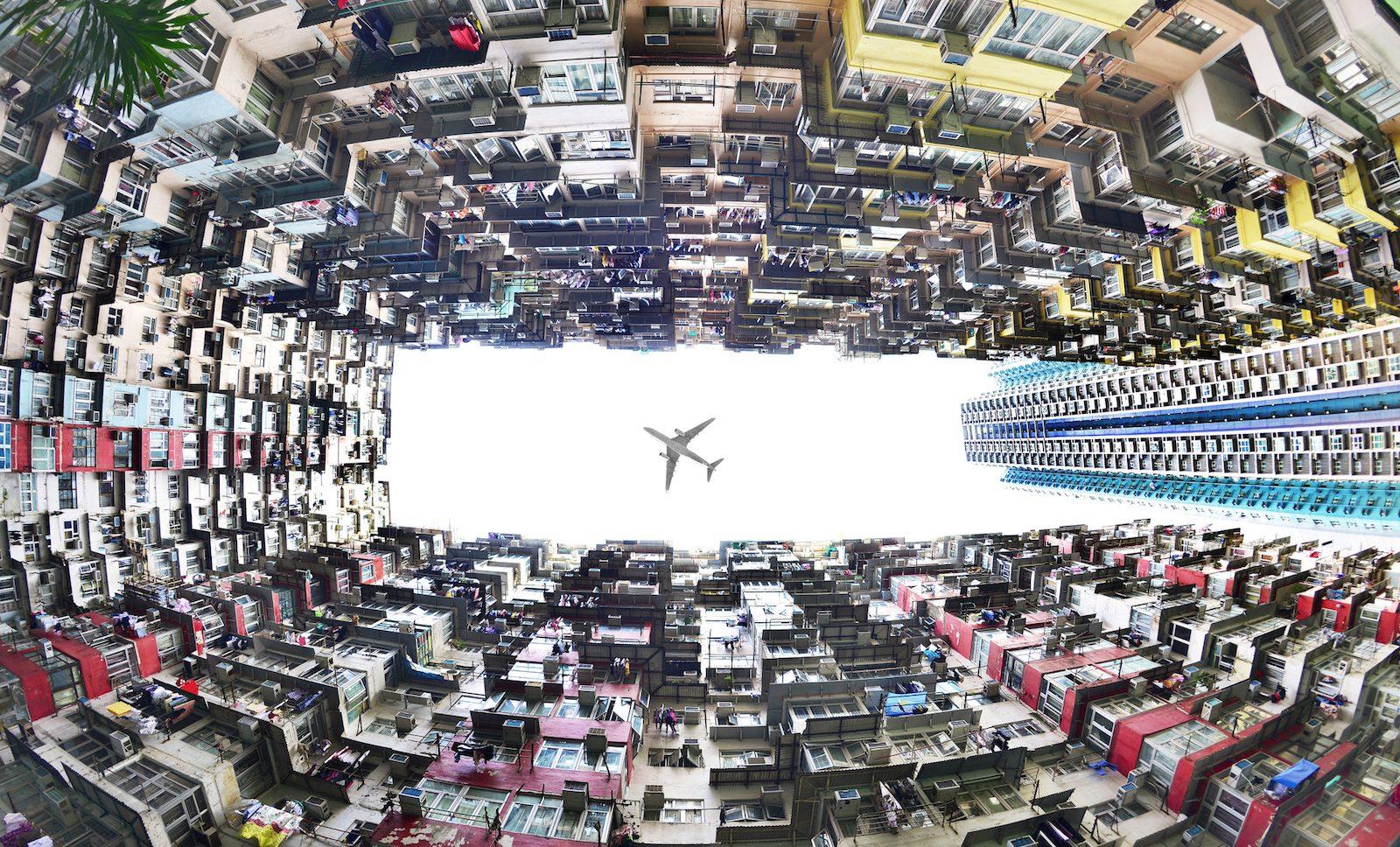
UN's Universalism Obsolete In A Multipolar World
This is the UN in 2025: a body struggling to fulfill its founding mission to“save humanity from hell”, in the words of its second Secretary-General, Dag Hammarskjold, and“to bring people together”, as recently advocated by Pope Leo XIV. A forum reduced to universalism- paralyzed by vetoes and bureaucracy, while real action flourishes in regional multilateralism.
Regional and cross-regional groupings such as the Shanghai Cooperation Organization (SCO) and the BRICS are emerging as the new global laboratories. They have supplanted the UN as venues for multilateral collaboration. Through these institutions, great powers such as China and Russia are quietly building new financial and cybersecurity models.
They thus acquire significant say in shaping a new global order. During the SCO's September Tianjin summit, Beijing touted its new multilateral creeping enterprise: the Global Governance Initiative. Meanwhile, the United States, still viewing the UN more as a liability than an asset, remains involved with the existing institution.
Born from the ashes of World War II, the UN was forged as humanity's guardian: preventing wars, encouraging cooperation and fostering justice. Yet, eight decades on, it is facing structural cracks and a crisis of legitimacy.

Legal Disclaimer:
MENAFN provides the
information “as is” without warranty of any kind. We do not accept
any responsibility or liability for the accuracy, content, images,
videos, licenses, completeness, legality, or reliability of the information
contained in this article. If you have any complaints or copyright
issues related to this article, kindly contact the provider above.






















Comments
No comment